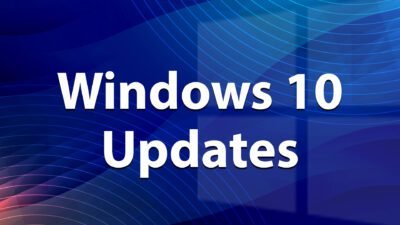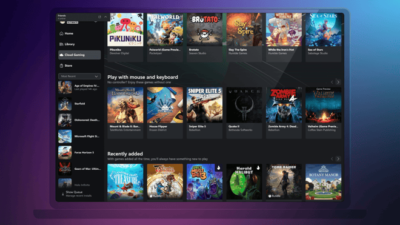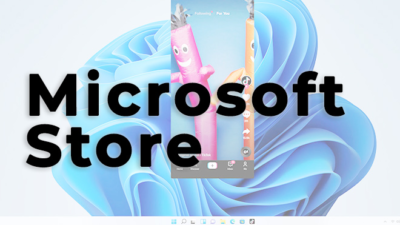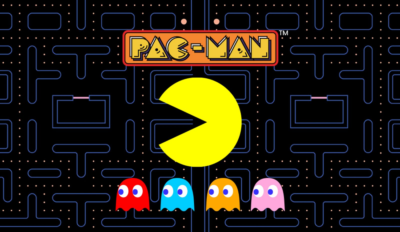Hyper-V issue in Windows 10 LTSC out-of-band fixed via update

Microsoft has started distributing an unscheduled update for Windows to address issues related to Hyper-V hosts. The problem is now being addressed for Windows Server versions and Windows 10 in the Long-Term Servicing Channel.
We only reported the problems after the December patch day a few days ago. Microsoft had presented an interim solution and promised a timely update.
Now the time has come, with the emergency update KB5022554 the Windows team fixes “a known problem affecting Hyper-V hosts that use Software Defined Networking (SDN) and are managed by System Center Virtual Machine Manager (VMM). will.”
Update in the Microsoft Update Catalog
The affected Windows versions are now addressed with the new emergency update: This out-of-band update is currently available for Windows 10 Enterprise LTSC v2019, Windows 10 IoT Enterprise LTSC v2019, Windows 10 IoT Core 2019 LTSC, and Windows Server 2019 provided. So far, it can only be obtained from the Microsoft Update Catalog. To get the standalone package for these updates, search the Microsoft Update Catalog for the KB number.
If workarounds or other mitigations are used for this issue, they are no longer needed and should be removed.
Significant Improvements
This non-security update includes quality improvements. If you install this KB:
- This update resolves a known issue affecting Hyper-V hosts that use Software Defined Networking (SDN) and are managed by System Center Virtual Machine Manager (VMM). Workflows that include the following may show an error:
- Creating a new network adapter for an existing virtual machine (VM) connected to a VM network
- Creating a new VM that has a network adapter connected to a VM network.
Windows 10 Servicing Stack Update – 17763.3641
This update makes quality improvements to the servicing stack, the component that installs Windows updates. Servicing Stack Updates (SSU) ensure you have a robust and reliable servicing stack for your devices to receive and install Microsoft updates.
Unscheduled updates are extremely rare. As a rule, Microsoft now has a better option at hand if problems have arisen after a patch, namely the so-called KIR updates. The “Know Issue Rollback” function is hidden behind this abbreviation. These updates, which Microsoft can perform automatically, fix serious problems by bringing the devices back to the version before a faulty update and then subsequently equipping them with a corrected update version.
In this case, however, this is not expedient because the problem mainly affected users in companies that did not allow automatic updates.
Digital marketing enthusiast and industry professional in Digital technologies, Technology News, Mobile phones, software, gadgets with vast experience in the tech industry, I have a keen interest in technology, News breaking.












